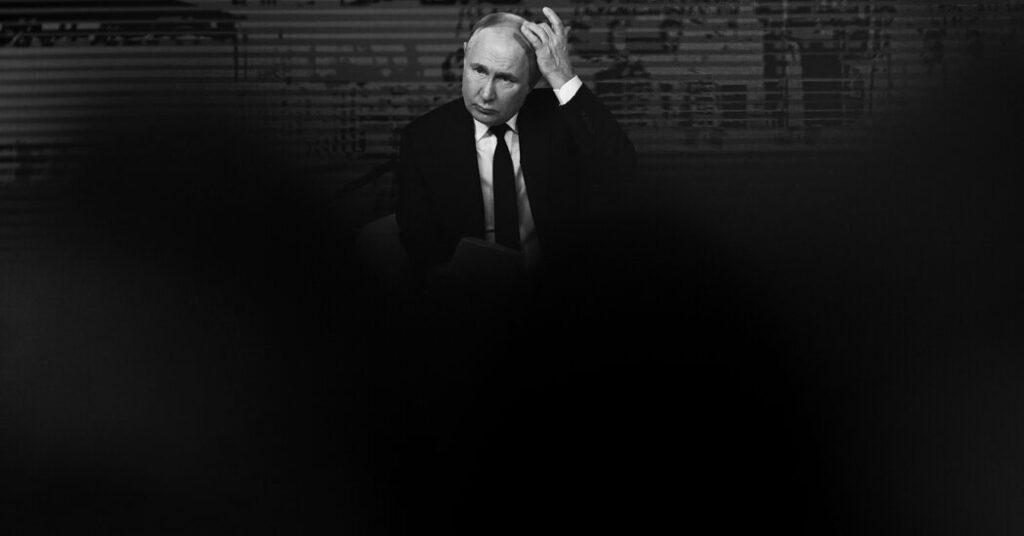[ad_1]
More than any other event, Russia’s full-scale invasion in 2022 has contributed to this sentiment. Ukrainian nationalism today, transcending region and language, reflects a deep determination to forge an identity defined by separation from, even antipathy toward, Russia. Indeed, Mr. Putin may go down in history as of one its main, if unwitting, catalysts. Given his conviction that Russians and Ukrainians are really one people, such a result is especially ironic.
His war has backfired not only in Ukraine but also in Europe. The European Union, jolted into action by the invasion, summoned a common spirit in its support for Ukraine. Previously somewhat divided in its approach to Russia, the bloc has acted in near unanimity — Prime Minister Viktor Orban of Hungary being the only exception — to oppose Mr. Putin’s act of aggression. Equally important, Ukraine’s journey toward E.U. membership, for years fiercely opposed in Moscow, is now very much in train, even if it won’t be a short ride. One sign of progress: Along with Moldova, Ukraine officially began negotiations to join the bloc late last year.
Then there’s NATO. Russia’s invasion was undeniably an attempt to forestall the alliance’s eastern encroachment, which Mr. Putin has long regarded as a threat. In the event, Russia’s assault on Ukraine impelled two more countries, Finland and Sweden, to seek NATO membership. Neither had shown the slightest inclination to sign up before the invasion and both have first-rate armies. With their addition, Russia will be even more hemmed in, not least in the Baltic Sea and by the 830-mile land border it shares with Finland.
What’s more, Russia’s attack jolted non-U.S. NATO countries into rethinking their longstanding aversion to boosting military expenditure. According to NATO estimates, the combined annual military spending of Canada and the European members of the alliance increased to 8.3 percent in 2023, from 2 percent in 2022. This year, 18 member states are reportedly set to meet the goal of spending 2 percent of their gross domestic product on their militaries — a sixfold increase in a decade. Even in Germany, historically sensitive to Russia’s security interests and an advocate of engagement with Moscow, the mood has shifted. Its defense minister now warns that Russia has become a serious, growing threat.
Ukraine, of course, is keen to join the alliance: a nightmare scenario for the Kremlin. But even if that desire remains unfulfilled — as seems likely, at least in the near term — Ukraine will continue looking to NATO countries for help in training its soldiers, equipping its armed forces and building modern defense industries by signing agreements for technology transfers and joint production. Even a non-NATO Ukraine will not quite be nonaligned because of its substantial and increasing defense ties with the West.
[ad_2]
Source link

